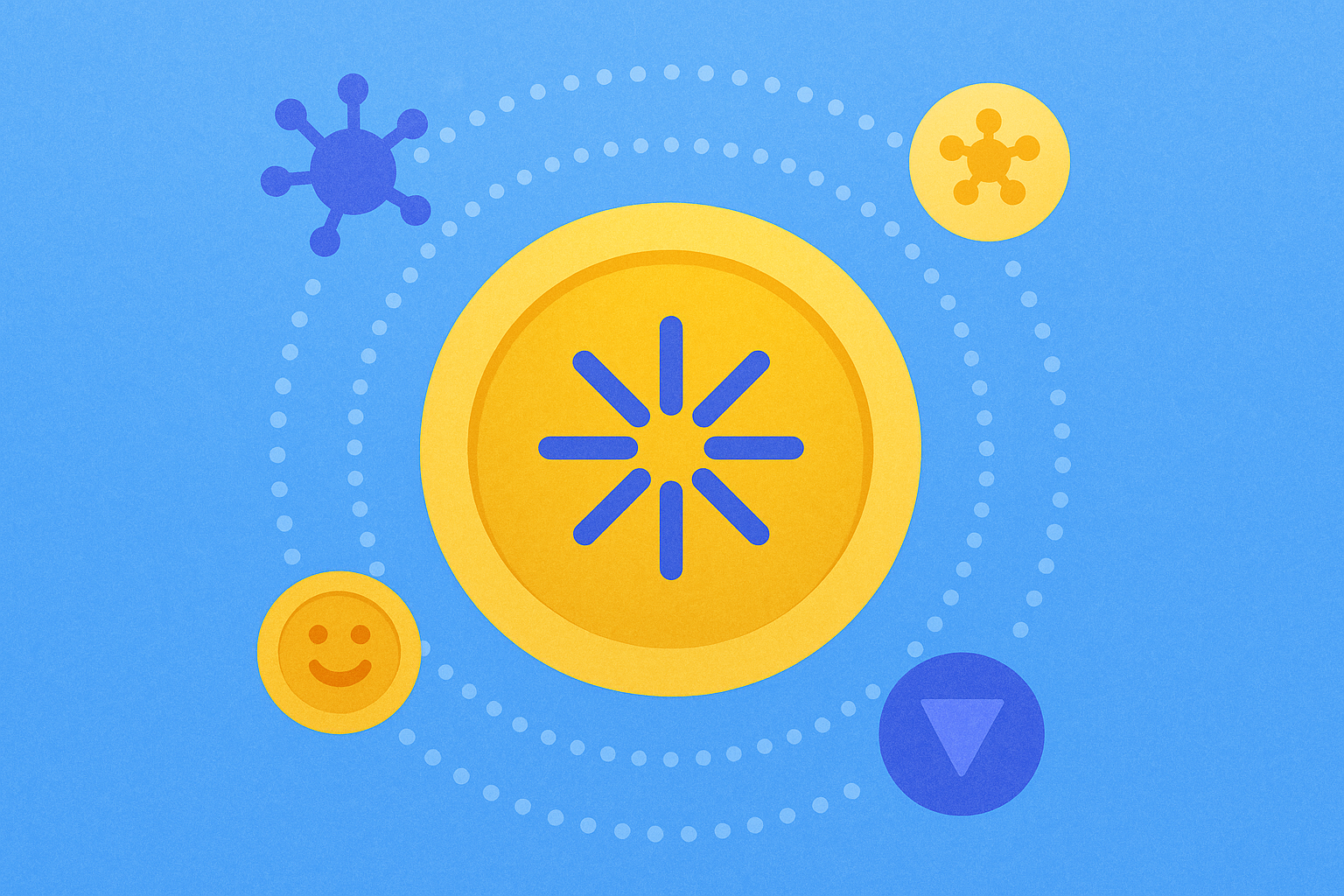zkPass ZKP: Kaito AI’de Kullanıma Sunuluyor – Yeni Nesil Oracle Ağı

zkPass ZKP: Kaito AI’de Başlatılıyor – Yeni Nesil Oracle Ağı
Oracle Ağlarında Devrim: zkPass ZKP’nin Kaito AI ile Bütünleşmesi
zkPass’ın Kaito AI ile bütünleşmesi, blokzincir ekosisteminde oracle ağlarının gelişiminde önemli bir dönüm noktası oluşturuyor. 24 Ekim 2025’te, zkPass Kaito Launchpad’deki IDO’sunu resmen duyurdu ve 100 milyon dolar tam seyreltilmiş değerleme (FDV) üzerinden 2 milyon dolar fon toplamayı hedefliyor. Bu stratejik ortaklık, zkPass’ın yenilikçi zkTLS tabanlı oracle ağı teknolojisini, Kaito AI’ın yeni nesil oracle ağı olarak sahip olduğu güçlü itibarla birleştiriyor. Entegrasyon, geleneksel oracle çözümlerinin uzun süredir karşı karşıya olduğu veri doğrulama ve gizlilikle ilgili temel sorunlara çözüm getiriyor.
Geleneksel oracle ağları, merkeziyetçilik, veri doğruluğu ve gizlilik endişeleriyle mücadele ediyor. zkPass protokolü, kullanıcıların gizli verilerini açıklamadan kriptografik ispatlar oluşturmalarını sağlayarak yeni bir yaklaşım sunuyor. Bu devrimsel yöntem, kullanıcı gizliliğini korurken veri bütünlüğünü de sağlıyor ve yaygın Web3 adaptasyonu için temel bir gerekliliği karşılıyor. Sıfır bilgi ispatı teknolojisini kullanan zkPass, hassas bilgilerin açığa çıkmasına gerek kalmadan Web2 ile Web3 ortamlarında güvenli ve doğrulanabilir veri transferi sağlıyor ve ekibin “Doğrulanabilir İnternet” adını verdiği bir çerçeve sunuyor.
Kaito Launchpad, zkPass’ın pazara girişinde ideal bir platform olarak öne çıkıyor; kripto para topluluğuna erişim sağlarken, titiz bir inceleme süreci uyguluyor. Launchpad’in tahsis mekanizması, kullanıcıların X gibi platformlardaki sosyal itibarını, token varlıklarını ve diğer ölçütleri dikkate alarak adil dağıtım gerçekleştiriyor. Toplanan fonların toplamının yüzde 5’i (USDC ve ZKP token olarak bölünmüş şekilde) gKAITO sistemiyle topluluğa dağıtılıyor ve böylece proje başarısı ile topluluk yararı arasında güçlü bir bağ kuruluyor. Gate kullanıcıları, platformun sıfır bilgi ekosistemindeki fırsatlarını genişletirken erken erişim avantajlarından özellikle yararlanıyor.
Web3’te Sıfır Bilgi İspatlarının Gücünü Açığa Çıkarmak
Sıfır bilgi ispatı teknolojisi, blokzincir uygulamalarında kriptografi alanında en önemli ilerlemelerden birini temsil ediyor. zkPass protokolüyle bu teknolojinin uygulanması, kullanıcıların belirli bilgilere sahip olduklarını, gerçek veriyi ifşa etmeden kanıtlamalarını sağlıyor. Bu özellik, merkeziyetsiz uygulamalar ve hizmetlerde hassas verilerin işlenme biçimini dönüştürüyor ve gerçekten gizli ama doğrulanabilir dijital etkileşimler için sağlam bir temel oluşturuyor.
zkPass’ın sıfır bilgi uygulamasının teknik altyapısı, yakın zamanda büyük güncellemelerden geçen zkTLS protokolü üzerinde yükseliyor. Geliştirmeler arasında, daha hızlı ispat üretimi, azaltılmış bellek kullanımı ve mobil uyumlu ispat oluşturma yer alıyor; bunlar ana akım kullanım için kritik unsurlar. Sistem artık tarayıcı tabanlı ve mobil node istemcilerini destekliyor ve merkeziyetsiz ispat doğrulama ağını önemli ölçüde genişletiyor. Bu teknik temel, zkPass’ın mevcut Web3 altyapısıyla sorunsuz entegre olan doğrulanabilir giriş, erişim ispatı ve zincir dışı itibar sistemleri gibi önceden hazırlanmış modüller sunmasını sağlıyor.
Geleneksel oracle çözümleriyle zkPass’ın sıfır bilgi yaklaşımı arasındaki karşılaştırmada öne çıkan başlıca avantajlar şunlardır:
| Özellik | Geleneksel Oracle’lar | zkPass ZKP Oracle |
|---|---|---|
| Veri Gizliliği | Sınırlı – ham veri sıklıkla ifşa edilir | Gelişmiş – veri gizli kalır |
| Doğrulama Yöntemi | Güvene dayalı doğrulama | Kriptografik ispat |
| Merkeziyet Riski | Orta-yüksek | Belirgin şekilde azaltılmış |
| İşlem Hızı | Konsensüse bağlı değişkenlik | Son güncellemelerle optimize edildi |
| Mobil Uyumluluk | Çoğunlukla sınırlı | Tam destekli |
zkPass Token Generation Event (TGE), projenin kapsamlı fayda altyapısının hayata geçmesini simgeliyor. $ZKP token, node rolleri için staking, ispat doğrulama, şema erişimi ve ödül dağıtımı dahil olmak üzere ağda temel işlevleri yerine getiriyor. Bu ekonomik model, tüm ağ katılımcıları için uyumlu teşvikler oluştururken, sistemin sürdürülebilirliğini ve gelişimini güvence altına alıyor.
Gizliliği Korumalı Veri Doğrulama: Blokzincir İçin Değişim Yaratan Teknoloji
Veri gizliliğinden ödün vermeden doğrulama yapmak, blokzincir teknolojisinin kurumsal ve kurumsal ölçekte benimsenmesinin önündeki başlıca engellerden biri olmuştur. zkPass, blokzincir veri doğrulamasına getirdiği yenilikçi yaklaşımıyla bu sorunu çözüyor. Gelişmiş sıfır bilgi kriptografisiyle protokol, hassas bilginin doğrulayıcılara veya zincir üzerinde hiçbir zaman ifşa edilmeden doğrulanmasını sağlıyor. Bu atılım, blokzincir teknolojisinin şeffaflık ve değiştirilemezlik avantajlarını korurken en sıkı veri koruma düzenlemelerine de tam uyum sağlıyor.
zkPass’ın doğrulama sistemi, temel veriye erişmeden ispatları kolektif olarak doğrulayan gelişmiş bir node ağı üzerinden çalışıyor. Bu mimari, kurumsal talepleri karşılayacak şekilde ölçeklenebilir, sağlam ve merkeziyetsiz bir doğrulama mekanizması sunarken veri güvenliğinde en yüksek standartları koruyor. Protokol; basit kimlik iddialarından karmaşık finansal beyanlara kadar, hassas kişisel veya özel bilgileri açığa çıkarmadan çok çeşitli doğrulama senaryolarını destekliyor. Sistemin çok yönlülüğü, finans, sağlık, tedarik zinciri yönetimi ve dijital kimlik hizmetleri gibi, veri gizliliği endişeleri nedeniyle blokzincir benimsenmesinin sınırlı olduğu sektörlerde uygulanabilirliğini artırıyor.
zkPass’ın gizliliği koruyan doğrulama yaklaşımının pratik uygulamaları, teorik düzeyin ötesine geçerek mevcut itibar puanlama çerçevesiyle hayata geçiriliyor. Bu çerçevede, sosyal, finansal ve eğitimsel ispatlar birleştirilerek, bunlara katkı sağlayan veriler ifşa edilmeden doğrulanabilir itibar puanları oluşturuluyor. Blokzincir geliştiricileri ve Web3 proje yöneticileri için bu yetenek, kullanıcı doğrulama, uyumluluk ve risk değerlendirmesinde, Web3’ün temelini oluşturan gizlilik değerlerinden ödün vermeden yeni olanaklar açıyor. Gate, bu kritik gizlilik teknolojilerinin gelişimini desteklemeye devam ediyor ve bunların blokzincirin ana akımda benimsenmesindeki rolünü önemle vurguluyor.
Merkeziyetsiz Kimlik Yönetimi: Web3 Güvenliğinin Geleceği
Merkeziyetsiz kimlik yönetimi, zkPass’ın sıfır bilgi ispatı teknolojisinin Web3 ekosistemindeki en umut verici uygulamalarından biridir. Geleneksel kimlik sistemleri, merkezi veri depolama, sınırlı kullanıcı kontrolü ve platformlar arası birlikte çalışabilirlik eksikliği gibi çeşitli zafiyetlere sahiptir. zkPass, kullanıcıların kişisel bilgilerini ifşa etmeden kimliklerinin belirli yönlerini kriptografik olarak ispatlamalarını sağlayarak dijital kimliğin merkeziyetsiz ortamlarda işleyişini kökten dönüştürüyor.
zkPass protokolü, kullanıcıların herhangi bir etkileşimde yalnızca gerekli bilgileri seçerek açıklayabildiği yeni bir kimlik doğrulama anlayışı getiriyor. Örneğin bir kullanıcı, doğum tarihini belirtmeden 18 yaşından büyük olduğunu ya da tüm finansal geçmişini paylaşmadan kredi uygunluğunu kanıtlayabilir. Bu seçmeli açıklama özelliği, gizliliği artırırken kimlik hırsızlığı ve veri ihlali riskini düşürüyor. Sistem mimarisi, güvenilir kurumlarca verilen fakat tamamen kullanıcı kontrolünde tutulan doğrulanabilir kimlik bilgilerini destekliyor ve merkezi kimlik sağlayıcılarına bağımlılığı ortadan kaldırıyor. Ülke iş birlikleriyle zkPass, vergi kayıtları, üniversite diplomaları ve iş geçmişi gibi önemli belgeleri kapsayan zk-doğrulanabilir kimlikler için ulusal ekosistemlerle işbirliği kurdu.
Merkeziyetsiz kimlik yönetiminin ekonomik etkileri, yalnızca güvenlik iyileştirmeleriyle sınırlı değil. Kimlik ve itibarın güvene dayalı olmadan doğrulanmasını sağlayan zkPass, kullanıcı kayıt süreçlerinde, KYC işlemlerinde ve uyum prosedürlerinde sürtünmeyi azaltarak daha verimli piyasalar yaratıyor. Kimlik doğrulama ve dolandırıcılıkla mücadele maliyetleri, güvenlikten taviz verilmeden önemli ölçüde düşürülebilir. Web3 projeleri açısından bu, daha hızlı büyüme, gelişmiş kullanıcı deneyimi ve daha geniş pazar erişimi anlamına gelir. Kimlik, dijital etkileşimlerin temelini oluşturduğundan, zkPass’ın merkeziyetsiz kimlik çözümünün potansiyel etkisi dijital ekonominin neredeyse tüm sektörlerine yayılıyor ve çevrimiçi ortamlarda güven ve doğrulama anlayışını yeniden şekillendiriyor. Gate, bu teknolojinin dönüştürücü potansiyelini görerek, onu yeni nesil blokzincir altyapısının merkezi bir unsuru olarak konumlandırıyor.

İnsanlık Protokolü: 2025'te Avuç-Damar Tarama ile Dijital Kimlikte Devrim

Zcash (ZEC), 2025 yılında topluluk katılımı ile ekosistem büyümesini nasıl değerlendiriyor?

Brevis, zk teknolojisini göstermek için "The Proving Grounds"ı başlattı.

Sign (SIGN) Token: Doğrulama ve dağıtım protokolünün değerlendirilmesi

Orochi Ağı Nedir? Verilerin Doğrulanmasının Geleceğini İnşa Etmek

ZKWASM'ın Topluluk Katılımı Ekosistem Büyümesini Nasıl Sağlıyor?
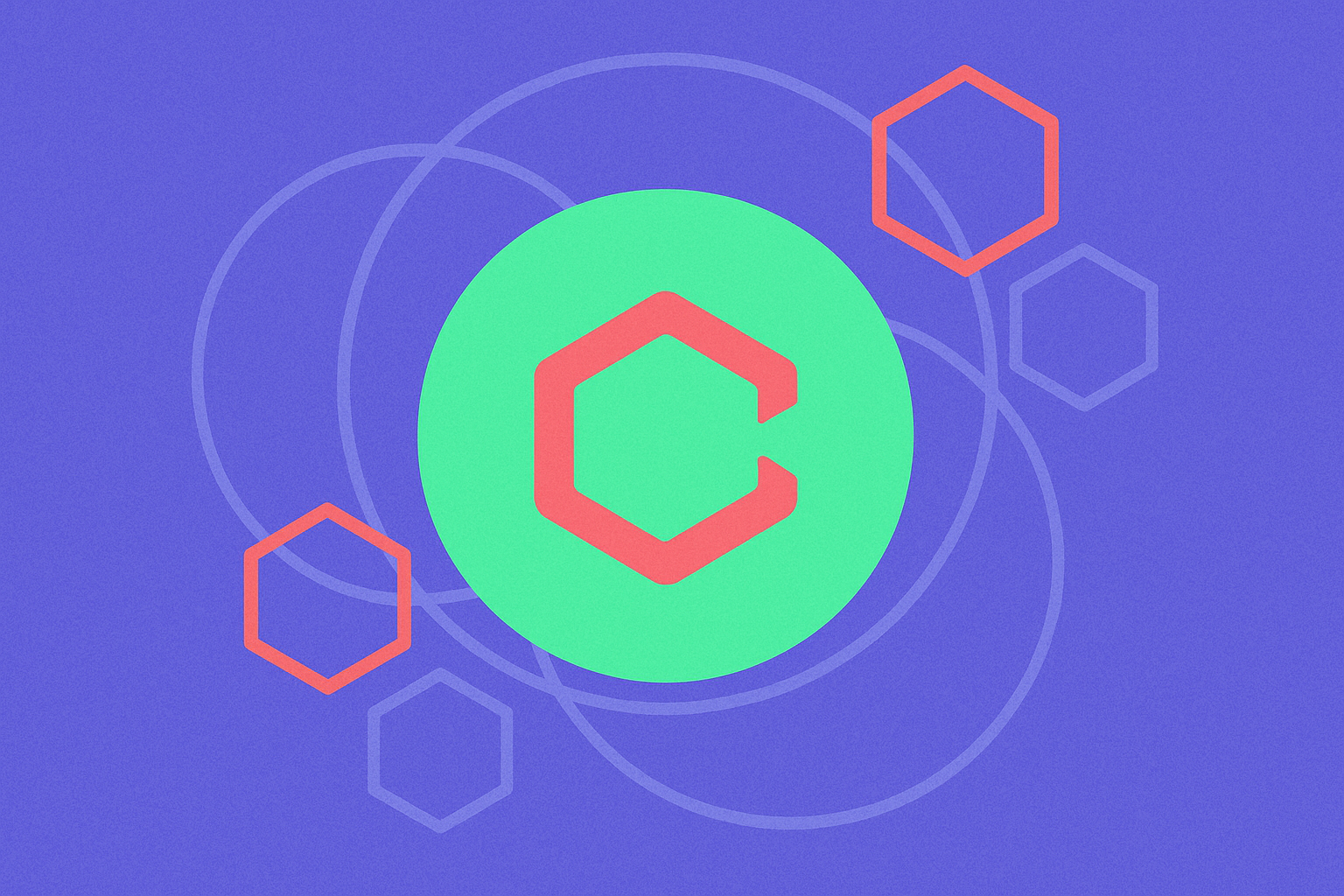
CC Nedir: Creative Commons’a Kapsamlı Bir Rehber ve Dijital İçerik Paylaşımına Etkisi
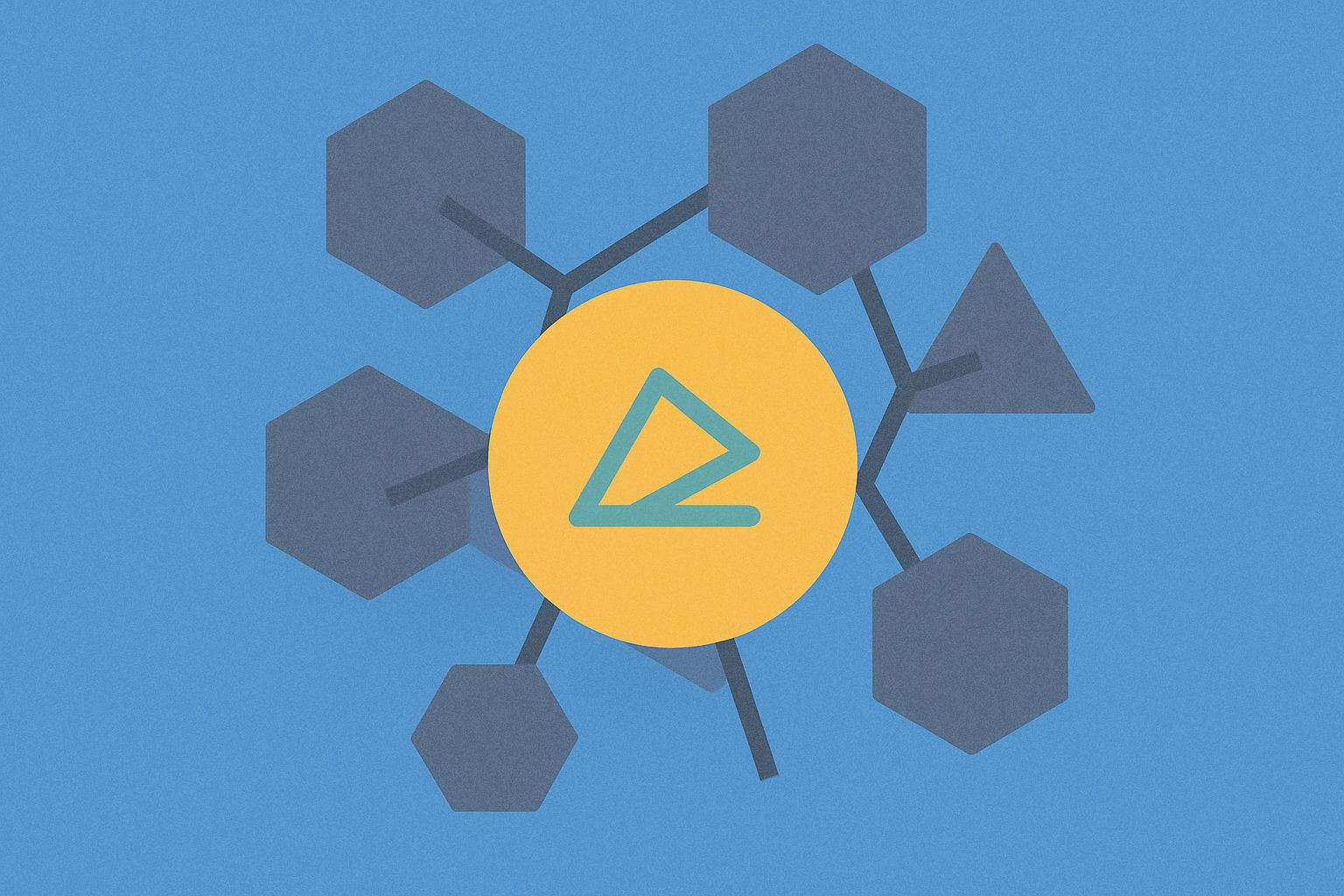
TAO Nedir: Antik Çin’in Yol Felsefesini ve Modern Uygulamalarını Anlamak
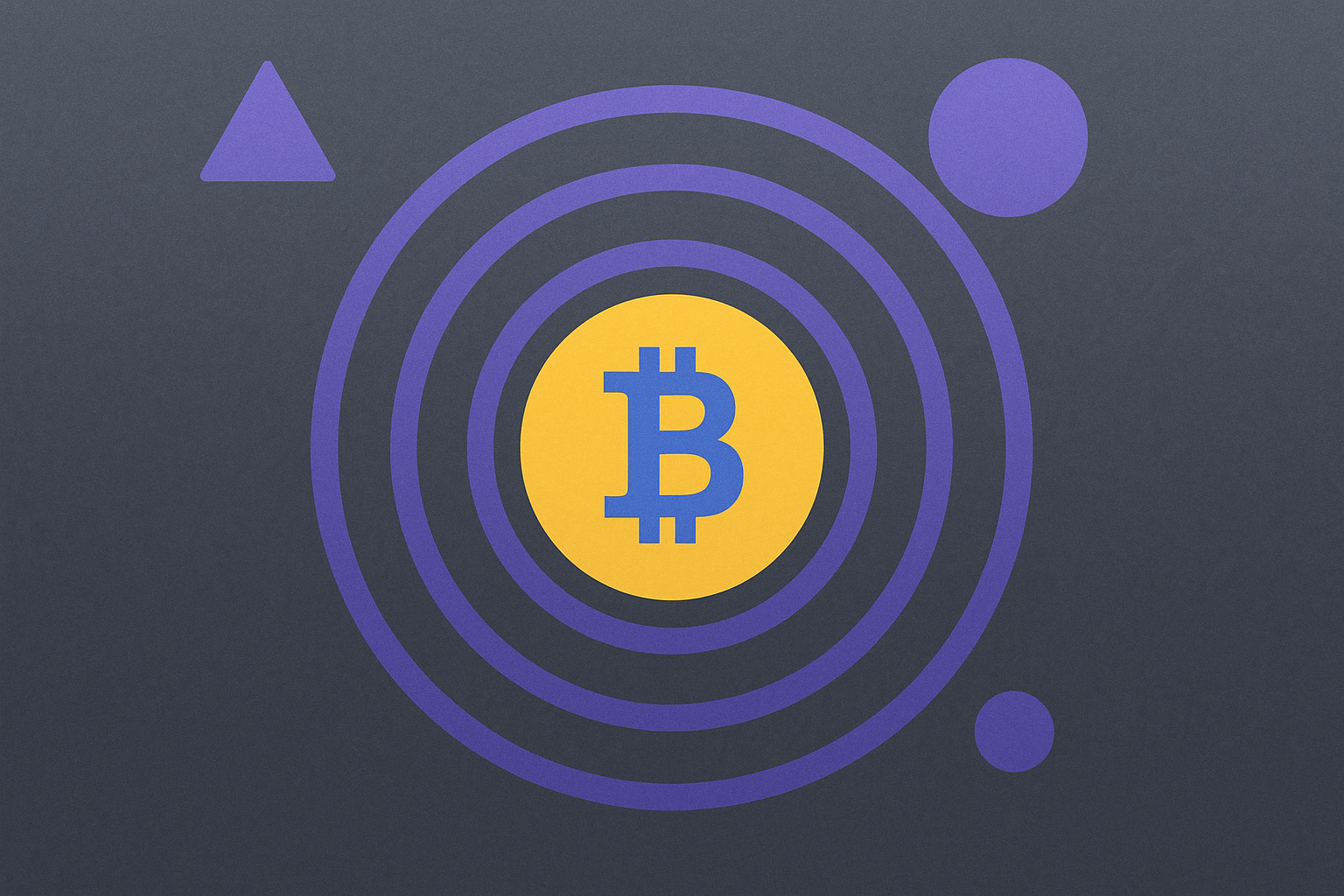
Japonya'nın Faiz Artışı Bitcoin ve Kripto Piyasasını Nasıl Etkiler

Bitcoin Dört Yıllık Döngüsü: Piyasa Döngüleri Neden Artık Yarılanma Olaylarına Bağlı Değil
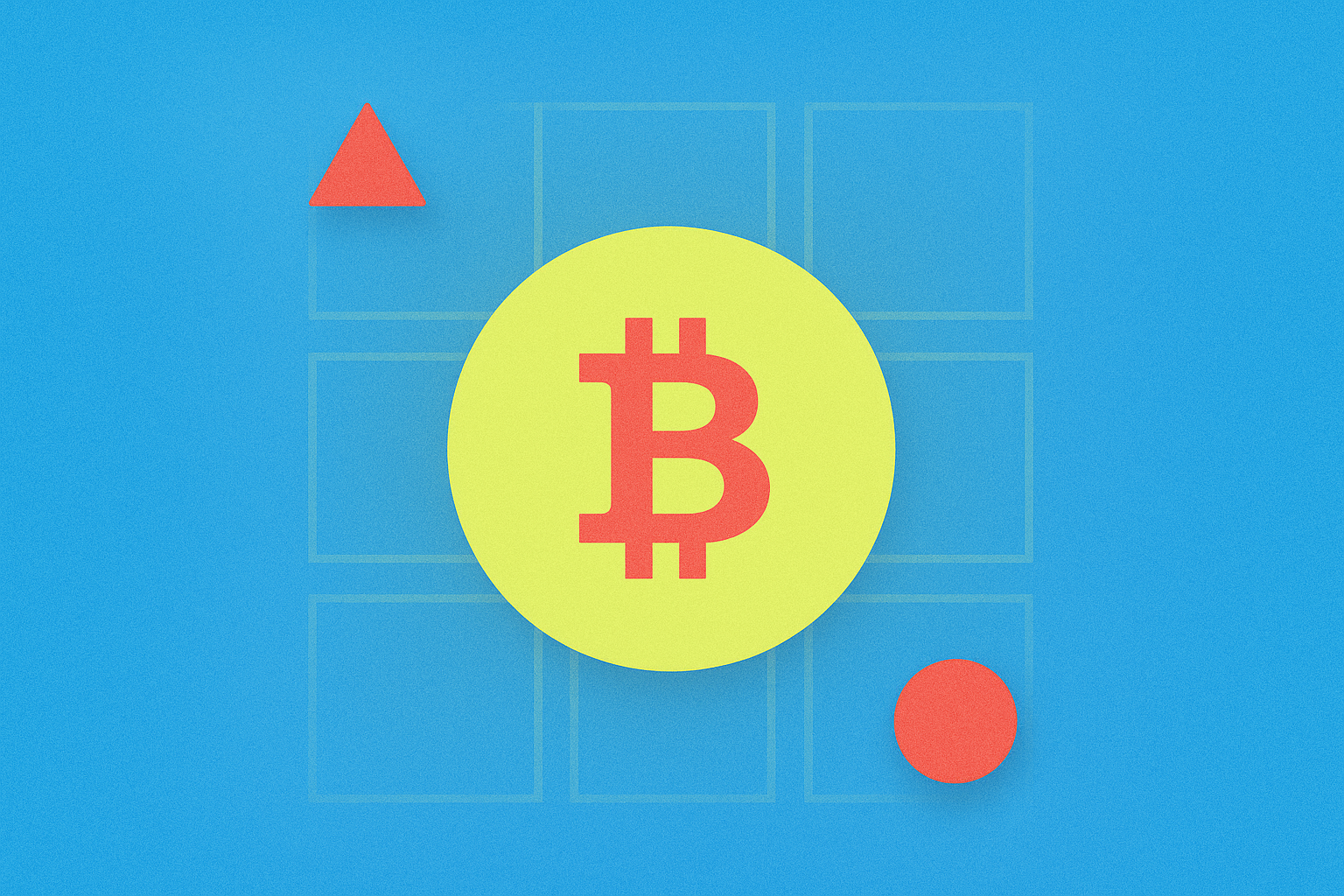
MicroStrategy'nin Bitcoin Stratejisi, MSTR'nin Nasdaq 100 Endeksi'ndeki yerini korumasını sağlıyor
